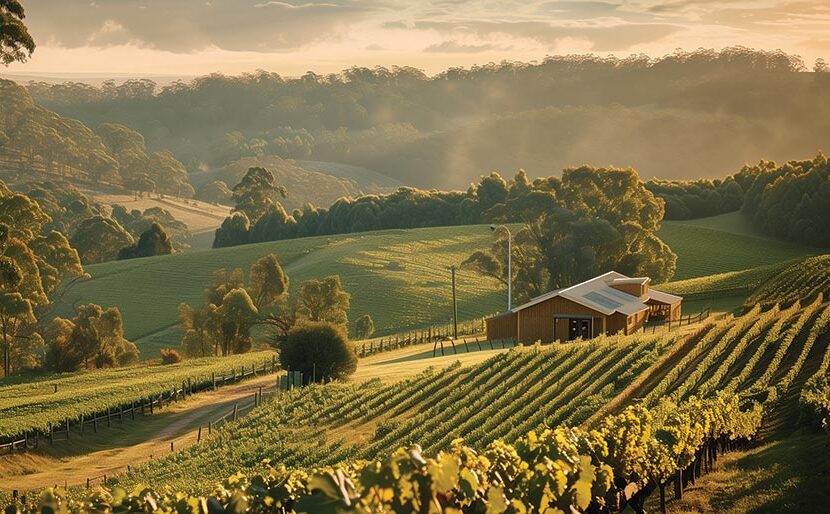

Jerry Farrell, Jr., Attorney
By Jerry Farrell Jr.
When I served as Commissioner of Consumer Protection and Chairman of the Connecticut Liquor Control Commission, farm wineries were a topic that often got discussed within state government. There’s no question that a variety of tourists—from inside and outside the state—visit our farm wineries, as most are located in scenic spots characteristic of Connecticut.
Tourists enjoy going to farm wineries, having a glass of wine and “drinking in” the beautiful surroundings these businesses inhabit. In contrast, in the 14 years since leaving Liquor Control and now working as an attorney focused on liquor law, my phone really hasn’t rung with calls from farm wineries—until now.
In the last two years, my law office has received many calls from farm wineries, many asking about what must be done before selling that farm winery business to new owners. From the perspective of assisting a client in selling a liquor-related business, farm wineries are somewhat unique. Many local zoning codes in Connecticut’s 169 towns and cities allow farm wineries to exist in areas that are otherwise zoned as exclusively residential.
Farm wineries often occupy agricultural areas that have previously been used for other types of farming, particularly dairy farming or the growing of corn. But as those farming pursuits have receded, over the last 40 years, many farm wineries have filled the void. Figuring out how that farm winery business came to exist in its location—and whether it still is in compliance with zoning—is often the very first question to ask when approaching the sale of that business.
Most such businesses will be in compliance with zoning and an “asset purchase” can be used as the vehicle for accomplishing the sale of the business. Sometimes, where the question of zoning might be in some doubt, the buyer has to buy the actual business entity—the corporation or LLC—and a “transfer of interest” must be approved by the Liquor Control Commission.
Some of the calls in the last two years from farm wineries are due to the original owners “aging out” and wanting to retire. Certainly, farming is not an easy business. Connecticut weather has never been known to be all that hospitable to farming, and this is particularly true when the product in question is something as physically fragile as grapes. Bad weather can wreak havoc on grapes, sometimes leaving grapes destroyed and unusable.
Farm winery owners should consider whether, in addition to the farm winery liquor license, they should also obtain additional liquor licenses that have become available to them over the last few years. In particular, they should consider if a manufacturer license may be helpful to their business, as a farm winery can have both licenses simultaneously.
Under the farm winery license, wine produced must meet certain requirements, meaning it’s being produced with a high percentage of grapes grown on that specific property. The manufacturer license, in contrast, allows wine to be produced that does not specifically meet the required percentages. So, a farm winery that wants to buy outside grape juice and blend it with their own can do so legally pursuant to the manufacturer license.
Several farm wineries are also pursuing craft café liquor licenses. In addition to its own wine, farm wineries can serve other Connecticut-made liquor products on premise to customers. For the visitor who doesn’t drink wine, this opens up the possibility of Connecticut-made beer or spirits.
Many Connecticut towns and cities have not updated their zoning codes in many years, so, for some clients, it is necessary to first amend the local zoning regulations to make it possible for these businesses to apply to the state for the manufacturing and the craft café licenses. Most towns are willing to work with local farm wineries to make those changes, knowing that it does help the long-term financial viability of these unique businesses.
Jerry Farrell Jr. served as chairman of the Connecticut Liquor Control Commission from 2006 to 2011. Today, he is an attorney in private practice, focusing on liquor licensing law. He can be reached at jerry@ctliquorlaw.com. This column is not intended to be legal advice; consult an attorney for answers to your specific questions and situation.



